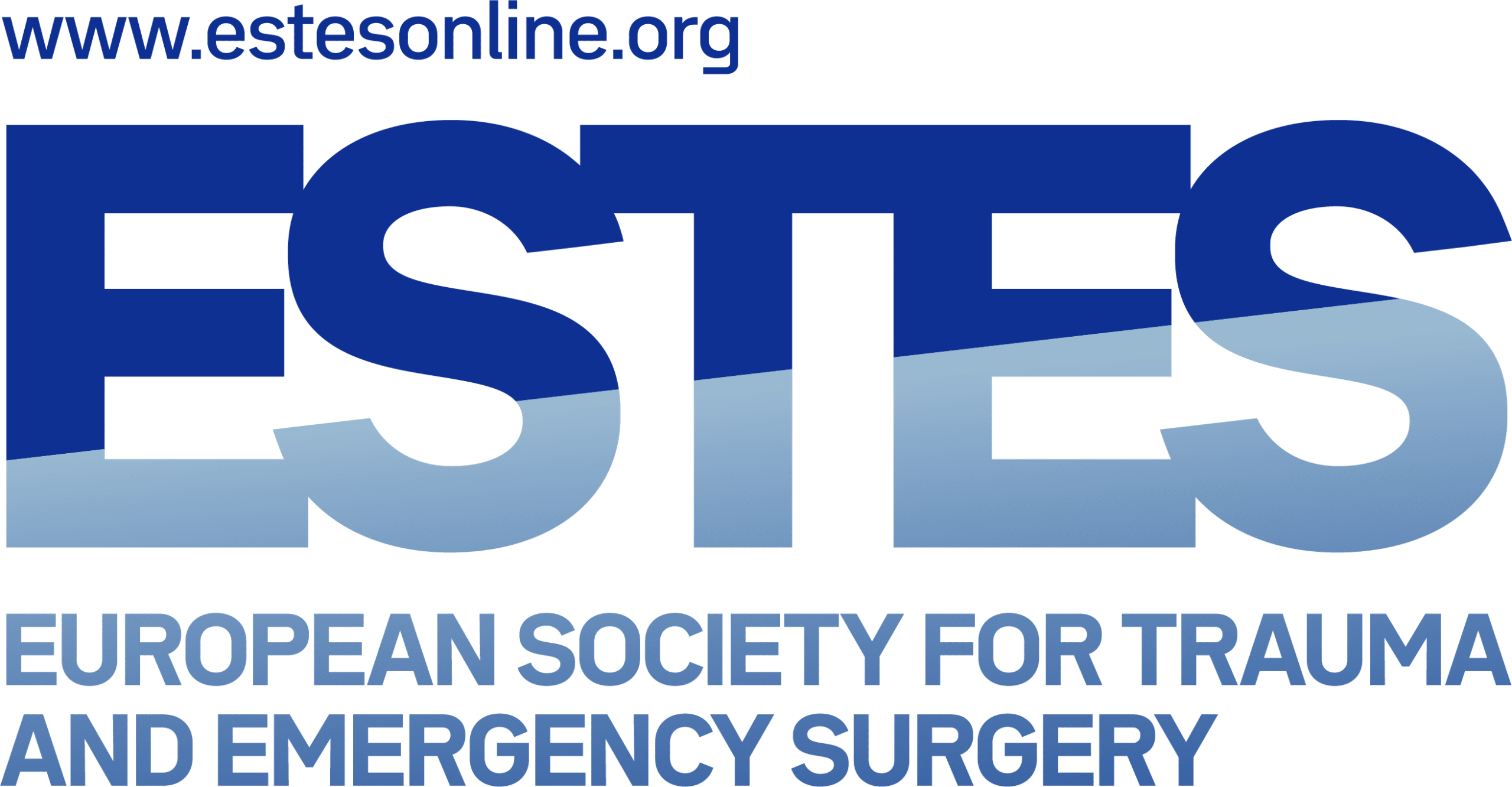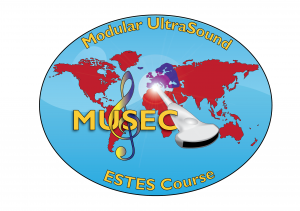Modular UltraSound ESTES Course (MUSEC)
MUSEC: a new educational opportunity offered by ESTES for improving acute care
After the first edition at ECTES 2013 in Lyon, the ESTES US Course (MUSEC – Modular UltraSound ESTES Course) is now available for all European surgeons.
From surgeons to surgeons, particularly devoted to acute care surgeons and to all physicians who need a surgical decision-making approach in acute settings, this is the MUSEC philosophy:
- Modular
- Short half-day modules with 2/3 of time for hands-on training on healthy models and simulated cases
- Adaptable to different needs and level of expertise
- A wide and interactive web-based platform for pre-course e-learning, with lessons, videoclips and tests, in order to make very practical the day of the course
- Two main aims: teaching US technique and abnormal findings (“to be able to do”) and practicing US driven surgical decision-making in different settings
- A dream: helping surgeons to experience the invaluable usefulness of US in their own hands, for fastening and simplifying decision-making and saving time and resources
Five modules [2 basic (*), 3 advanced (§)] are available. Contents of each module are detailed below.
Admission to advanced modules requires documented experience in some basic applications of US. Hands-on practice of advanced modules cannot be effective for beginners. A succesful web-based pre-test should be accomplished before admission to advanced modules.
ESTES Individual Members and Members of the affiliated National Societies have the right to register at reduced fees.
We are looking forward to meeting you in one of the forthcoming courses!
If you are interested in having the Course in your Country or Hospital, feel free to contact us. (musec@estesonline.org)
The MUSEC Faculty Team
Eva Barbosa* (Portugal), Miriam Ruesseler* (Germany), Andrea Casamassima* (Italy), Fawzi Al-Ayoubi (Sweden), Antonio La Greca (Italy), Ruben Balzarotti (Switzerland), Fernando Ferreira* (Portugal), Diego Mariani* (Italy), Isidro Martinez Casas* (Spain), Alan Biloslavo (Italy), Jorge Pereira* (Portugal), Estela Membrilla (Spain), Luis Pinheiro* (Portugal), Aitor Landaluce (Spain), Hayato Kurihara (Italy), Gary Bass (Ireland), Pedro Ramos (Portugal), Gianguido Montagnolo (Italy), Rodrigues Silva* (Portugal), Luca Ponchietti (Spain), Matteo Marconi (Italy), Fabio Butti (Switzerland), Mihai Paduraru (Spain), Matteo Bernasconi (Switzerland), Mauro Zago* (Italy) (* = Steering Group)
Contents of Modules
Basic Modules
- Essential of US in Trauma, the easiest way to approach US
- FAST and EFAST protocols
- free fluid in abdomen, thorax, pericardium
- basic lung US
Common problems and syndromes that require a quick assessment
- Aorta
- Gallbladder and biliary tree
- Kidney and urinary tract
- DVT (CUS)
- Fractures
- Soft tissue infections and collections
Advanced Modules
Acquiring confidence in hollow viscus US for many acute conditions
US driven protocols
Practice on healthy models and phantoms
- Appendicitis
- Diverticulitis
- Bowel obstruction
- Hernias
- Bowel ischemia
- IBD
- Contrast enhanced US (CEUS) in abdominal emergencies (trauma & nontrauma)
Interventional US-guided maneuvers in the acute patient
Practice on phantoms
- Venous cannulation (central and periferal)
- Thoracentesis
- Diagnostic peritoneal aspiration (DPA)
- Cholecistostomy
- Suprapubic cystostomy
- Abscesses and collections drainage
- Monitoring of pneumothorax aspiration
Discovering the extraordinary help US can give you for managing shock
- basic echocardiography for dummies (and surgeons)
- IVC
- Lung US
- US monitoring of resuscitation
- The Rush protocol
- Surgical and non surgical case scenarios

